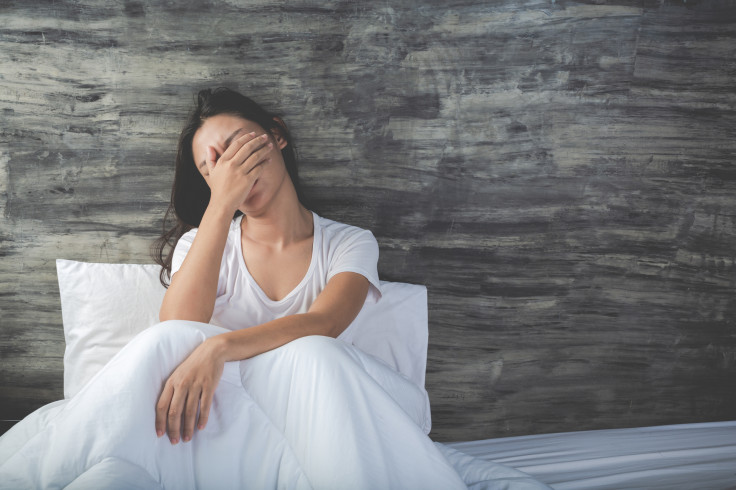
Sleep is a fundamental human need that plays a vital role in a person's overall health and well-being. Unfortunately, approximately 1 in 3 adults in the U.S. are not getting enough rest or sleep daily.
During this World Sleep Day, it's crucial to understand the importance of sleep and know the consequences of inadequate sleep.
What is sleep deprivation?
While the amount of sleep needed can differ from person to person depending on various factors such as age, most adults typically require between seven to nine hours of sleep each night. Older adults may need slightly less, and children and teenagers may need more. A person who regularly sleeps less than the required amount of time might be sleep-deprived.
Apart from the duration, the quality of sleep also matters. Even if a person spends seven to nine hours in bed but gets disrupted sleep, they may feel tired and sleepy the next day.
Sleep disruptions can be due to external factors such as noise, light or sleep disorders, medications, or stress. Experiencing regular sleep disruptions can reduce the duration of deep sleep and rapid eye movement (REM) sleep stages, leading to sleep deprivation.
Signs that your body gives when you are sleep-deprived:
1. Memory and focus: Even occasional sleep deprivation, where a person lacks a few hours of sleep each night, can have significant impacts on memory, concentration, creativity, motor skills, and problem-solving abilities. It is associated with reduced cognitive function, affecting judgment, coordination, and reaction times. Sleep deprivation can impair motor skills to a similar extent as being drunk, raising the risk of accidents.
2. Skin health: Skin needs sleep to heal from the damage. So when a person is sleep-deprived, it appears on the skin. Studies indicate that lack of sleep can disrupt hormones in the body, resulting in skin breakouts. Poor sleep is also linked to issues such as dry skin, dullness, and premature aging.
3. Appearance of eyes: Lack of sleep affects the eyes in the form of redness, puffiness, dark circles, and bags. Furthermore, it can contribute to increased wrinkles, lines, swelling, and droopiness around the eyes.
4. Food cravings and weight gain: There's a direct link between sleep deprivation and weight gain. Two hormones, ghrelin and leptin, control feelings of hunger and fullness. While ghrelin increases appetite, leptin signals fullness. When the body does not get sufficient sleep, it raises ghrelin levels and lowers leptin, boosting appetite and reducing satiety. So, when there is not enough sleep, people often consume more and crave unhealthy snacks and sugary, caffeinated foods. This unhealthy eating pattern contributes to weight gain, particularly around the waistline.
5. Mental health: Sleep deprivation can cause irritability, moodiness, elevated stress, and mental exhaustion. Studies have shown that poor sleep raises the risk of mental health issues, including anxiety and depression.
6. Feeling sleepy and tired all day: When the body is not rested well it is natural to feel fatigued. It can also make people lethargic and less motivated to carry on their routine activities.
7. Immunity: Poor sleep affects immunity and makes people more prone to frequent infections such as colds or respiratory diseases. Chronic sleep deprivation is linked to serious illnesses, including stroke, diabetes, heart attacks, and certain types of cancers.







